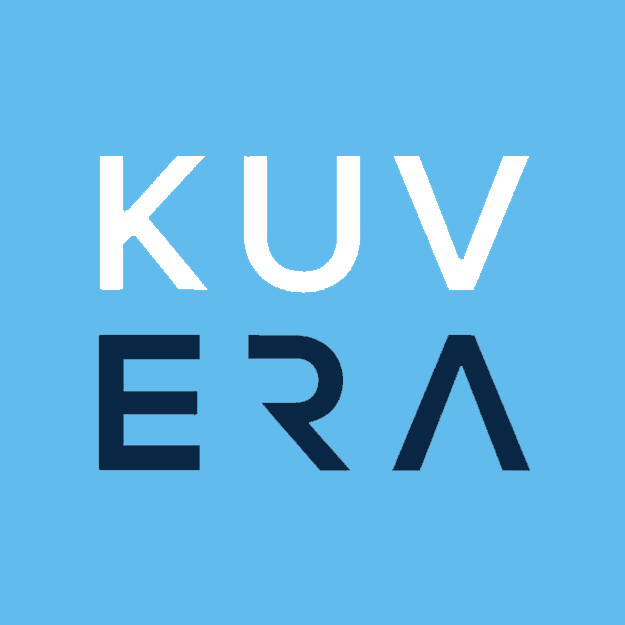It is possible to invest in a variety of financial assets via a mutual fund since the money from several participants is pooled together. Investing professionals use the assets of mutual funds to generate profits for the fund’s owners. The investment portfolios of mutual funds are built and managed to achieve the returns and risk profiles described in the fund’s prospectus.
Mutual funds are financial vehicles that allow individuals of varying wealth levels to combine their resources to access professionally managed portfolios of stocks, bonds, and other assets.
As a result, each investor gets a piece of the fund’s profits or losses. Mutual funds invest in a wide range of assets, and their performance is often measured by the change in the fund’s total market value, which is calculated by aggregating the performance of the underlying investments.
Kuvera Mutual Funds Investment is one of the most secure services in the industry. It offers an immense variety of Funds with solid Investment advice for smart investments.
Advantages of High Return Mutual Funds
- Professional Management: Investors may lack the time, skills, and resources to research and acquire particular stocks or bonds. Mutual funds are managed by full-time professional money managers with the ability and resources to actively buy, sell, and monitor assets. A fund manager regularly examines investments and rebalances the portfolio to meet the scheme’s goals. One of the essential benefits of a mutual fund is portfolio management by experienced fund managers.
- Risk Diversification: Purchasing mutual fund shares is a simple approach to diversifying your assets across numerous securities and asset types such as stock, debt, and gold, which helps spread the risk and keep all of your eggs in one basket. This is advantageous when the underlying stocks of a mutual fund scheme face market headwinds. Diversification mitigates the risk associated with a single asset class. Even if one item in the portfolio loses value, the others may be unaffected or gain in value. In other words, if a particular component of your portfolio suffers volatility, you will not lose your entire investment. Thus, risk diversification is one of the most significant benefits of investing in mutual funds.
- Affordability and Convenience (Small Investments): For many investors, directly purchasing all individual assets owned by a single mutual fund may be more expensive. In contrast, most mutual funds have lower beginning investment requirements.
- Liquidity: On any business day (when the stock markets and banks are open), you may quickly redeem (liquidate) units of open-ended mutual fund schemes to fulfill your financial demands, enabling you to retrieve your money quickly.
The redemption money is put into your bank account within one to three days, depending on the scheme; for example, the redemption amount is deposited the following working day in the case of Liquid Funds and Overnight Funds.
Please remember that closed-ended mutual fund units may only be redeemed when they reach maturity. Likewise, ELSS units have a three-year lock-in term and may only be liquidated after that.
- Cheap Cost: One significant benefit of mutual funds is their low cost. Mutual fund schemes have a low-cost ratio due to enormous economies of scale. The expense ratio of a scheme is defined as the yearly fund running expenditures represented as a percentage of the fund’s daily net assets.
A scheme’s operating expenditures include administration, management, and advertising. Regulation 52 of the SEBI Mutual Fund Regulations, 1996, specifies the spending ratio criteria for different schemes.
- Well Regulated: The Securities and Exchange Board of India (SEBI) strictly regulates mutual funds under the SEBI (Mutual Funds) Regulations, 1996. SEBI has adopted strict laws and regulations to ensure investor protection, transparency, a risk-mitigation framework, and reasonable valuation standards.
- Tax Benefits: Investments in ELSS are tax-deductible up to $150,000 under Section 80C of the Internal Revenue Code of 1961. When kept for an extended period, mutual fund investments are tax-efficient.
Mirae asset nyse fang+ ETF Direct Growth Fund is a fund that mostly invests in the equity of overseas corporations. You may be able to exceed inflation and fixed income returns if you invest for at least five years. However, be prepared for potential fluctuations in the value of your investment.
International equities funds are excellent for diversifying your money so that a part of your money is safeguarded if the Indian markets crash dramatically. However, make sure you invest in a fund with a broad mission covering investments in companies of different sizes, sectors, and countries.
Conclusion
Investors should also remember that corporations are not required to pay dividends on their shares; therefore, dividends are not guaranteed. Dividend-paying mutual funds may be better for investors looking for dividend income than individual shares since the latter pool possible dividend payments from several firms. Because the money invested is distributed over hundreds of firms, a mutual fund helps mitigate the risk of falling stock prices.
Find the direct plans of the best-performing equity savings funds on Kuvera demat account. Create your financial goals and get your investment plan with our calculator. Download the Kuvera app to discover Direct Plans and Fixed Deposits, and start investing today.
